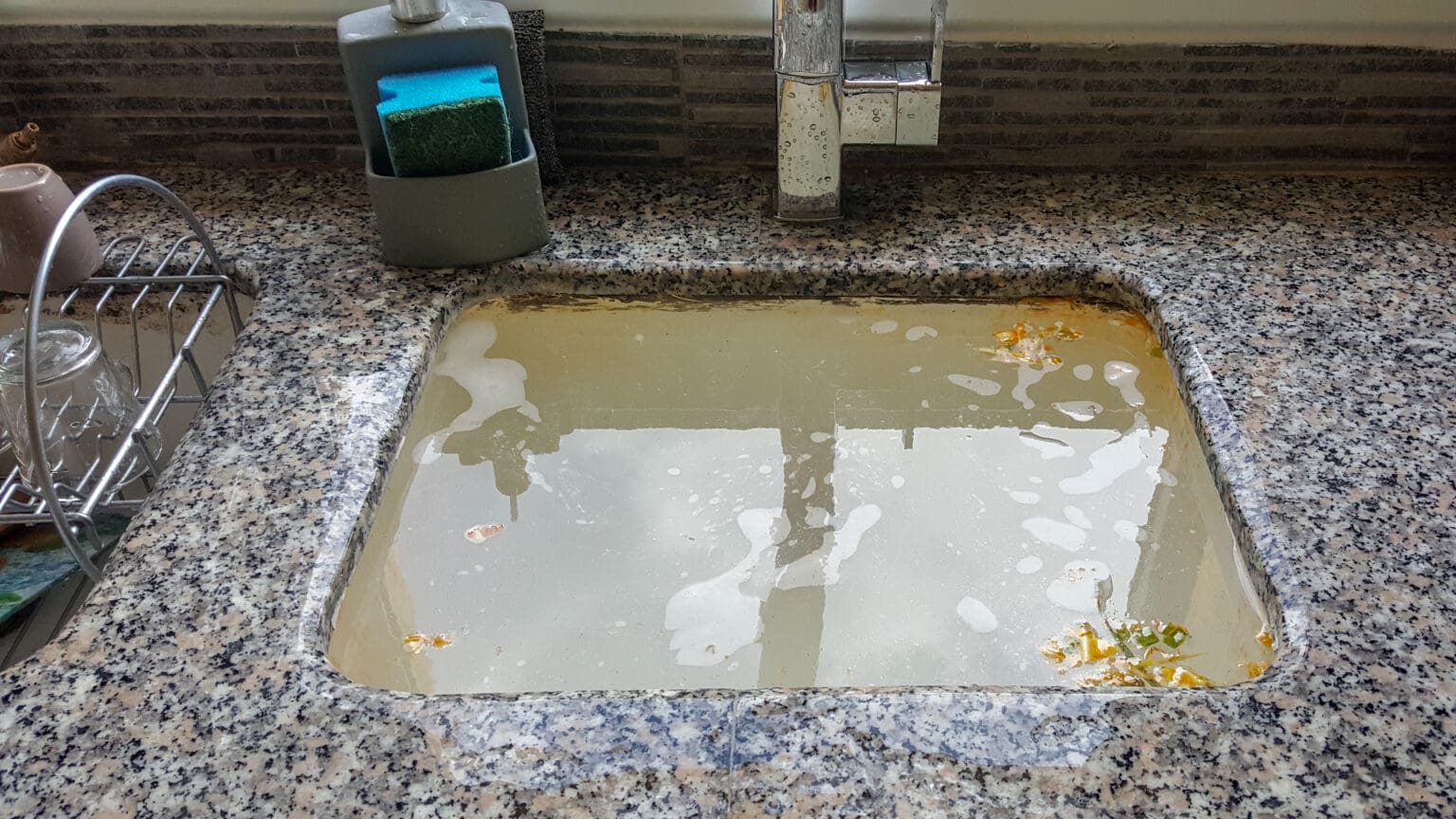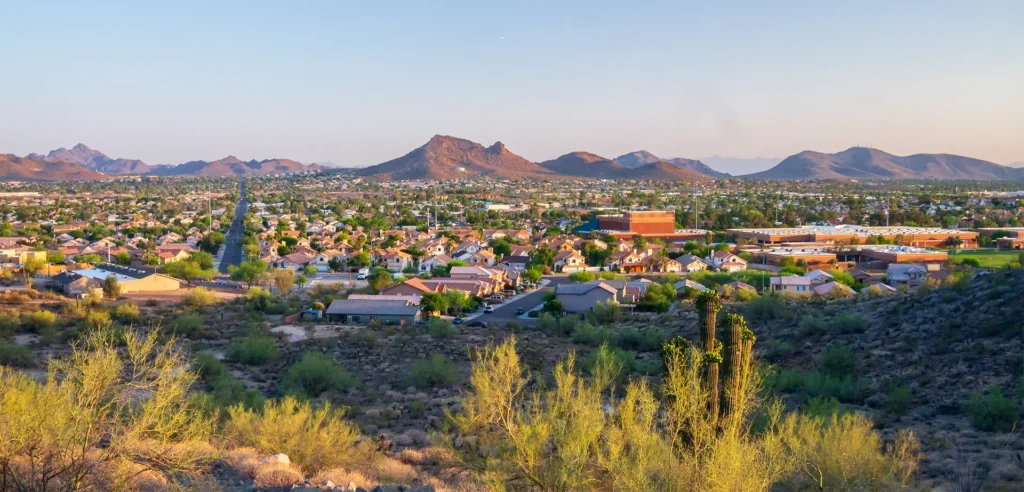The weather changes in autumn can bring about changes in your home’s plumbing system. Preparing for these changes can prevent damage to the pipes, protect your home from leaks, and save you thousands of dollars in the long run. The following tips will help you get ready for the coming cold weather and how to properly winterize plumbing.
Insulate Pipes
Pipes that freeze overnight can burst, causing hundreds or even thousands of dollars in damage to your home and property. While there are many tricks that homeowners use to prevent their pipes from freezing (like leaving the tap running overnight), the installation of pipe insulation is one of the best methods that you can use to help keep your pipes warm.
One form of insulation is self-adhesive pipe insulation. It’s easy to cut down to the right size and attach to pipes. Simply measure the length of each pipe, use a utility knife to slice the insulation to the right length, then attach. Homeowners who don’t want to shell out the money for the insulation can also wrap their pipes in newspaper and twist ties.
Just remember that some hidden pipes in your home may still be vulnerable to freezing weather. Pipes located around the outside perimeter of the home are especially vulnerable. To keep these pipes from freezing, you may still need to leave these faucets running on very cold nights, and keep your home’s heating system set to at least 55 degrees Fahrenheit.
Disconnect Your Hose
Disconnect all garden hoses from your home’s exterior and drain the water if possible. Leave the hose sitting in a garage or somewhere else sheltered. Have a plumber fix any leaking faucets that were connected to hoses to prevent icicles from forming later in the season.
Inspect Your Water Heater
Your home’s water heater may need to work extra hard this winter to keep producing the expected amount of hot water for your home. Before the cold weather begins, inspect your hot water heater for signs of deterioration. Rust, scale, puddles of water, and other warning signs should be addressed immediately.
While you’re inspecting the unit, check the temperature-pressure relief valve to prevent the unit from exploding, and drain the existing sediment in the bottom of the tank. This will help ensure that your water heater is prepared to last through the coming winter. If you ever feel unsure about your plumbing, call the professionals at Day & Night nd we will come to make a complete inspection.






